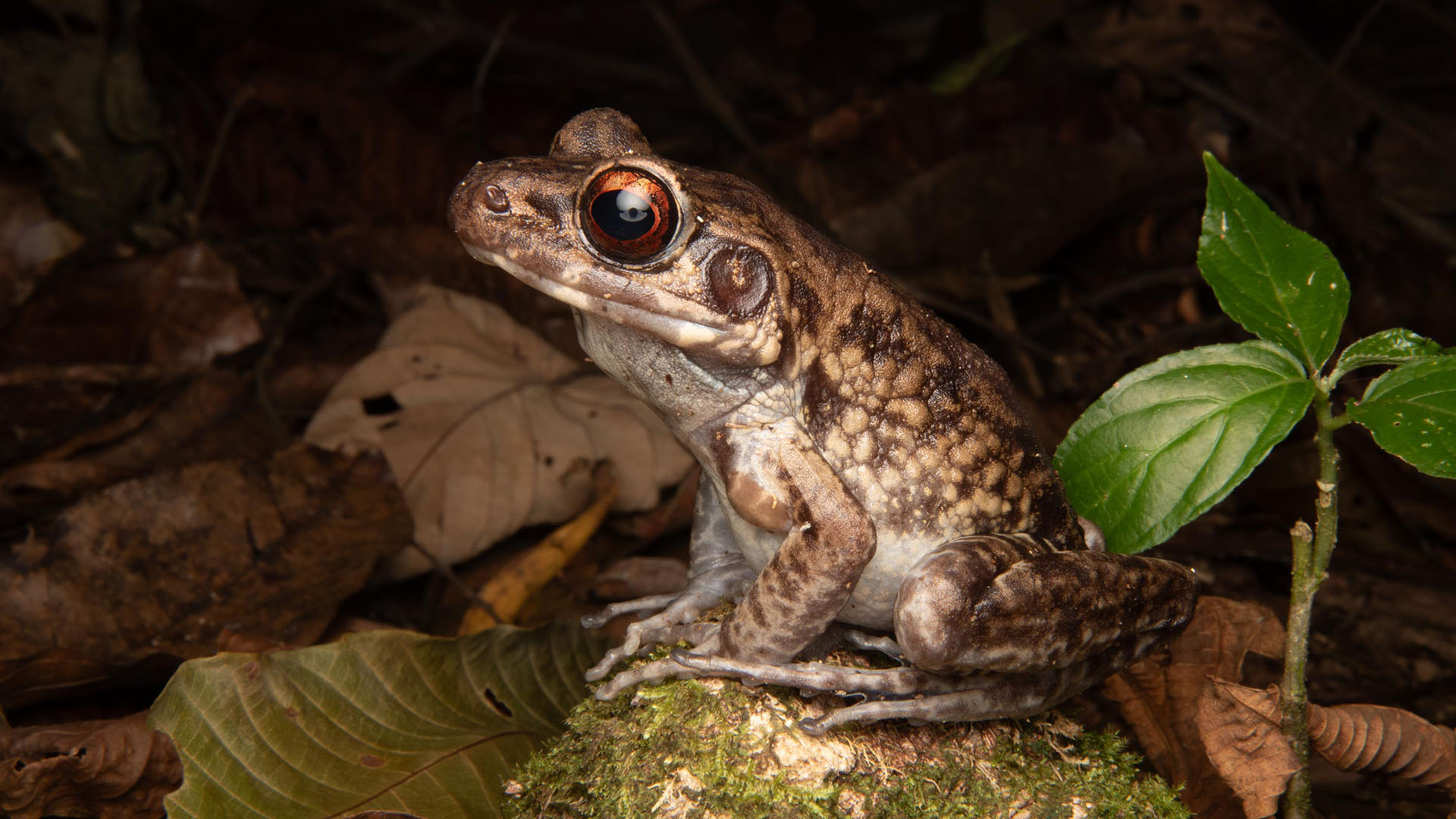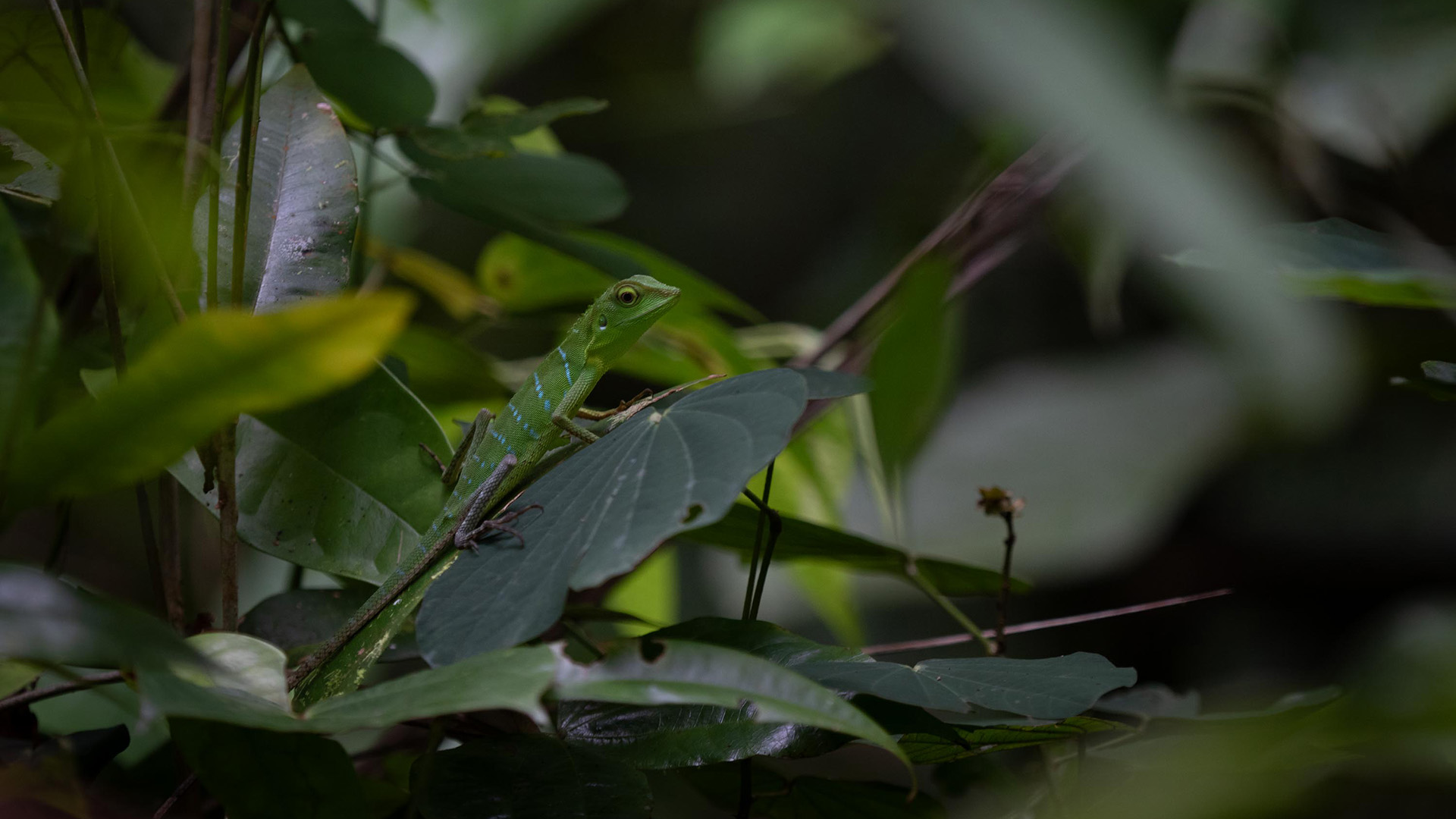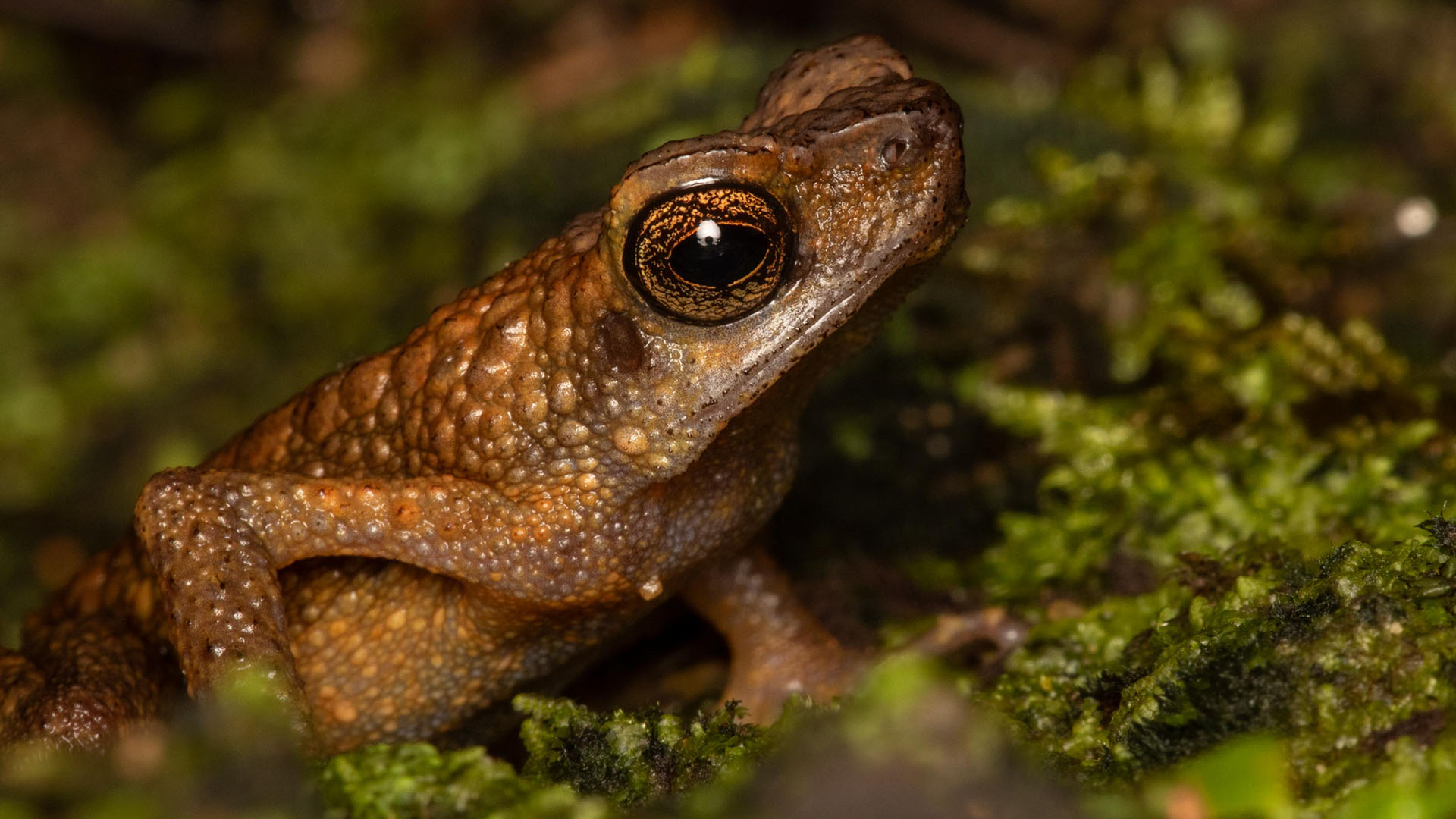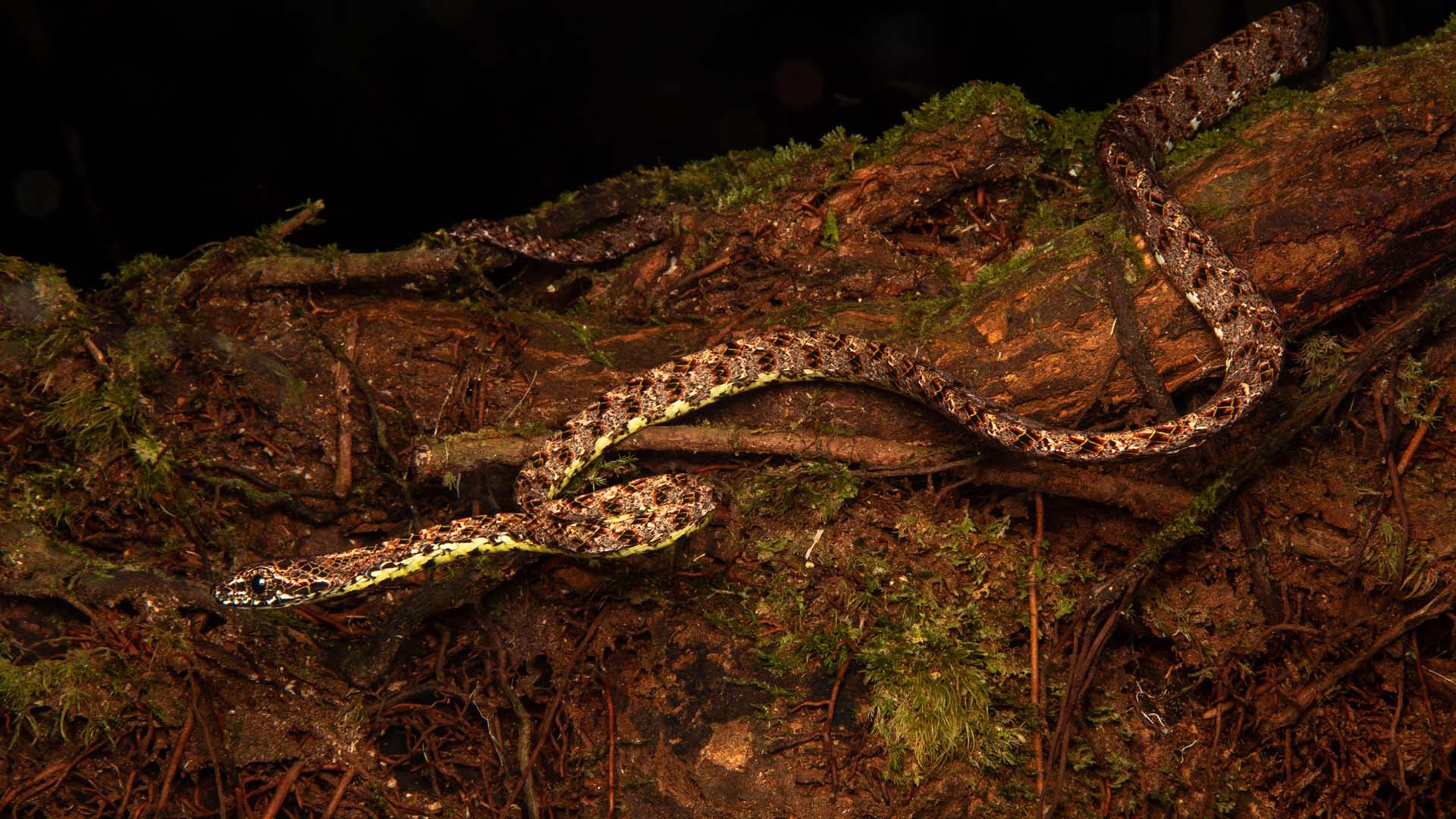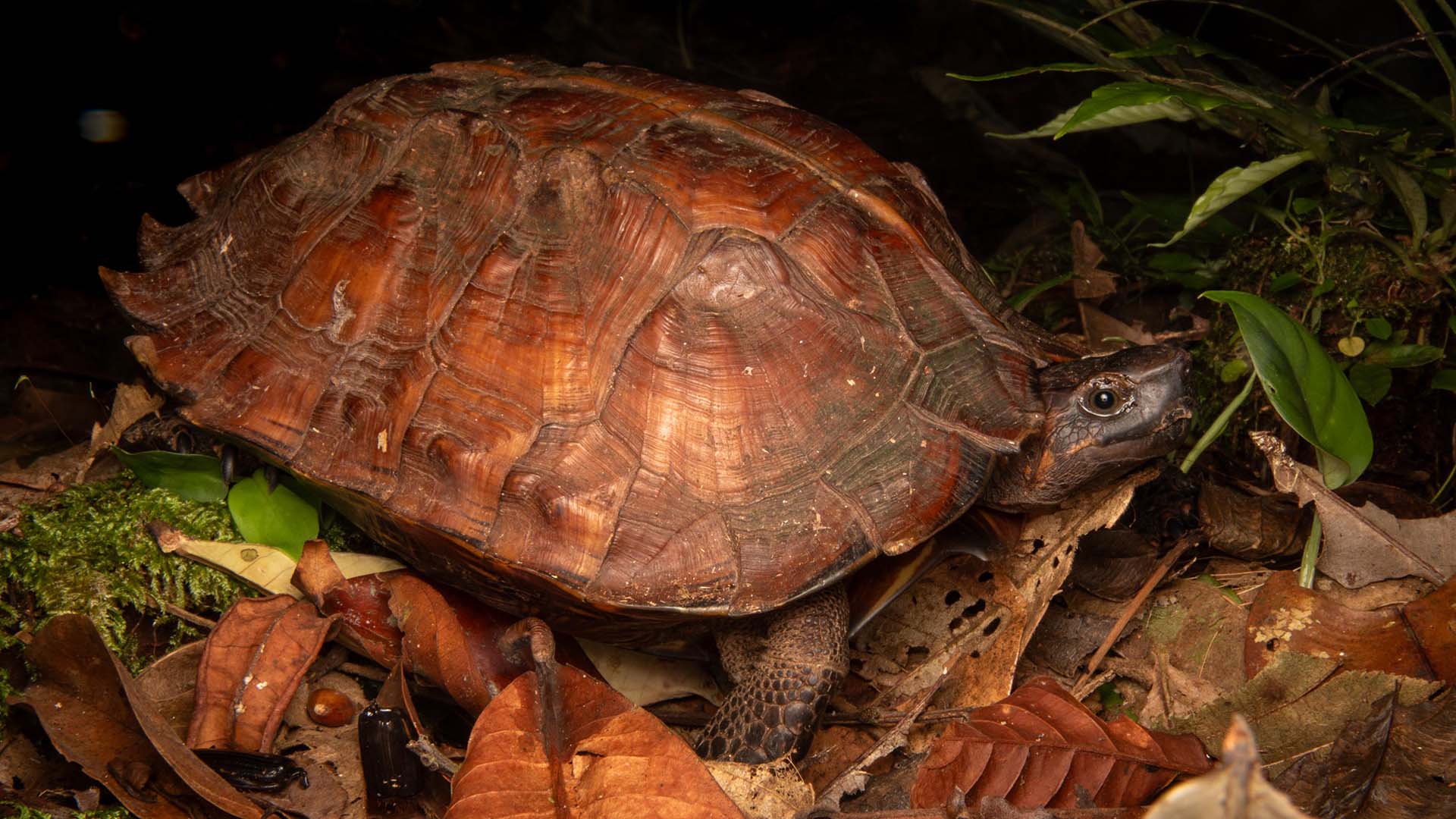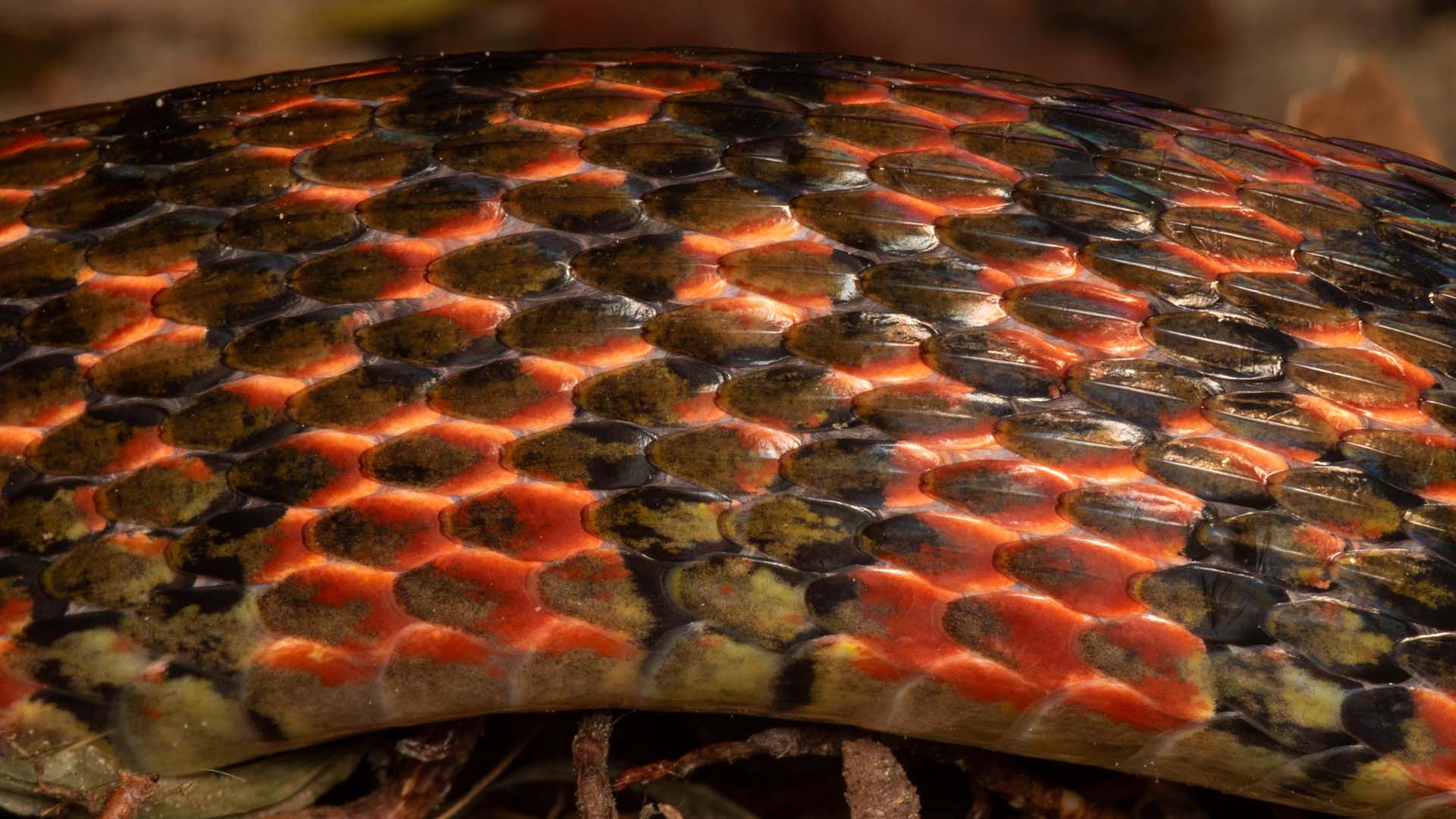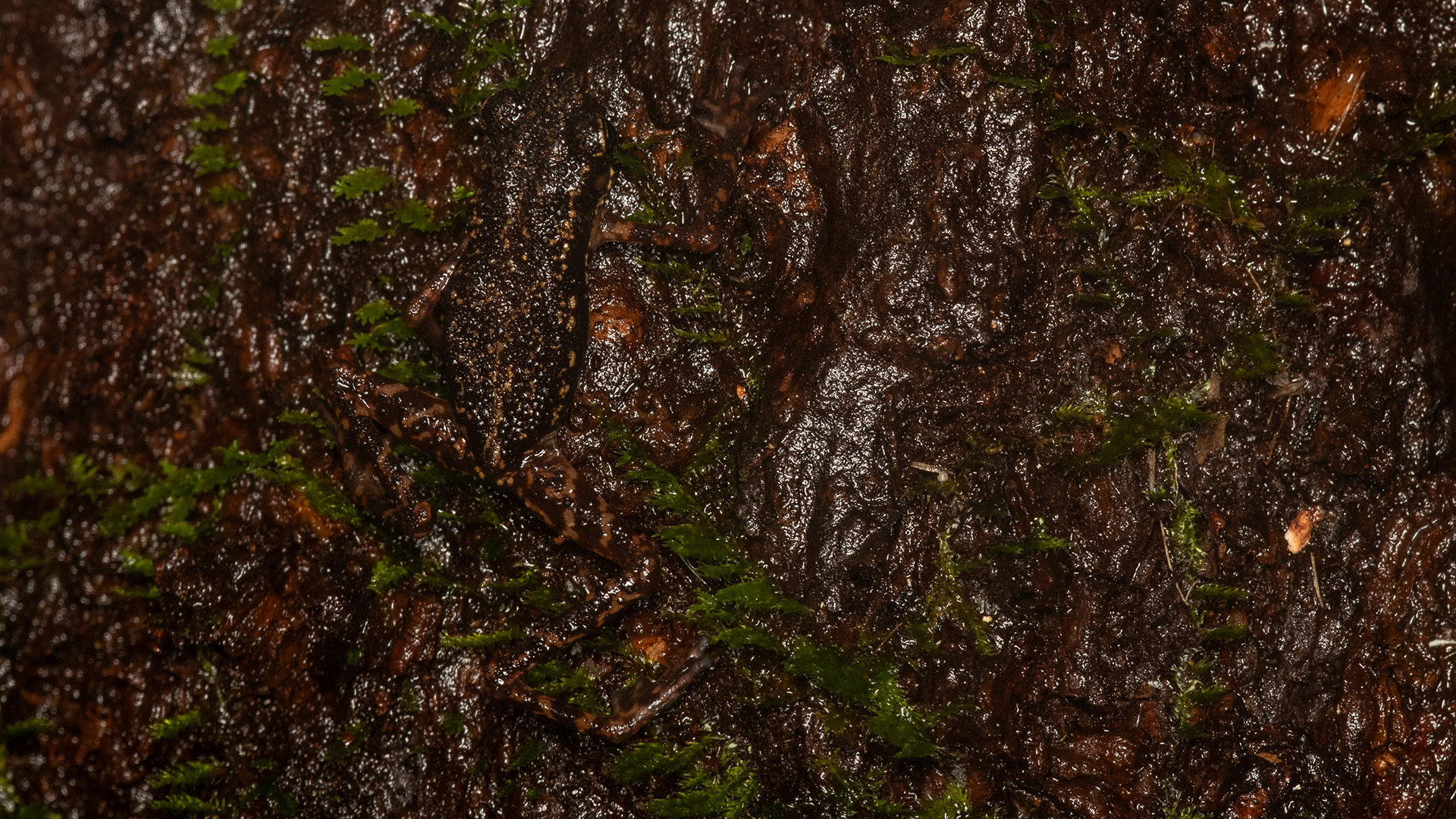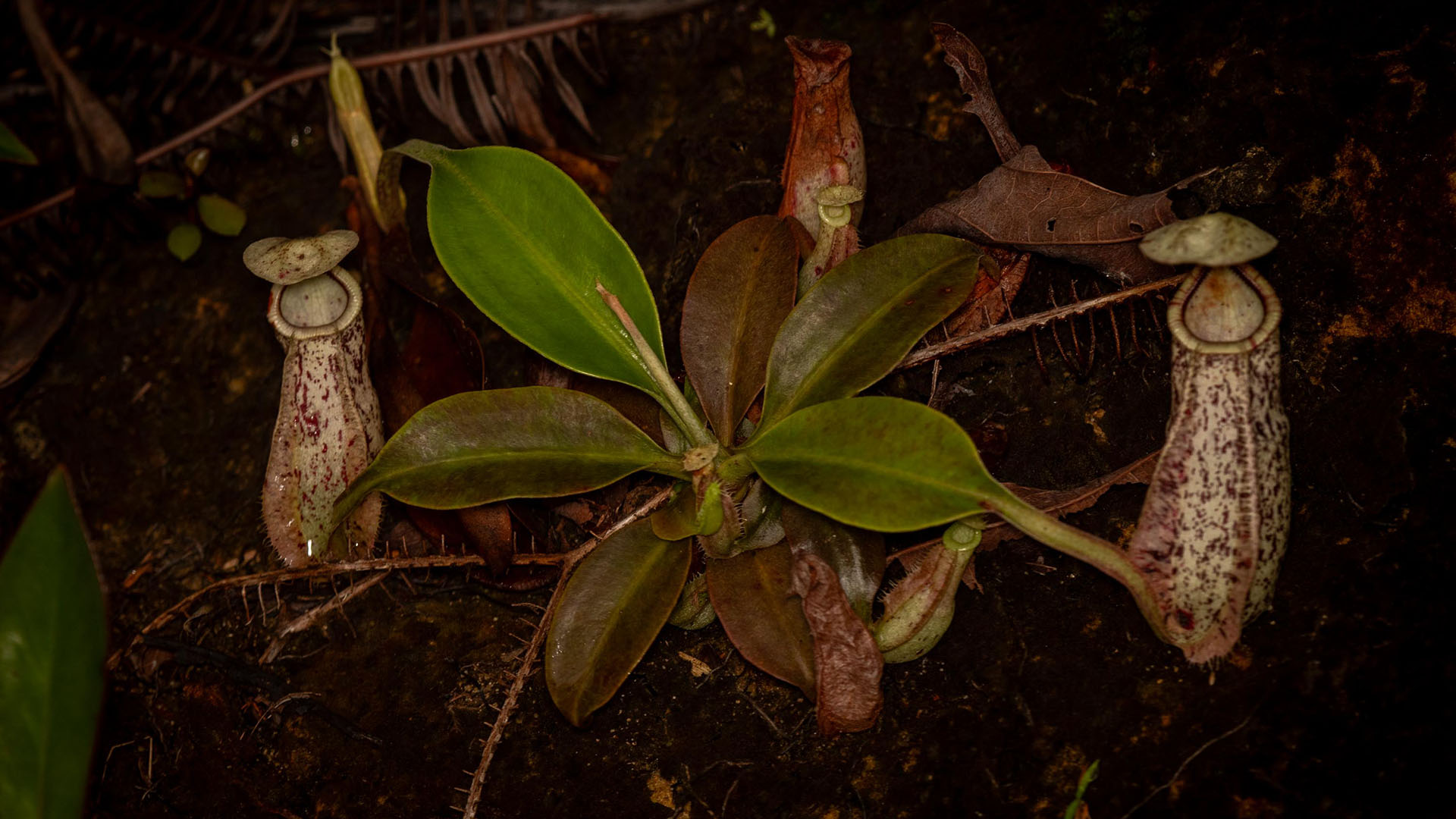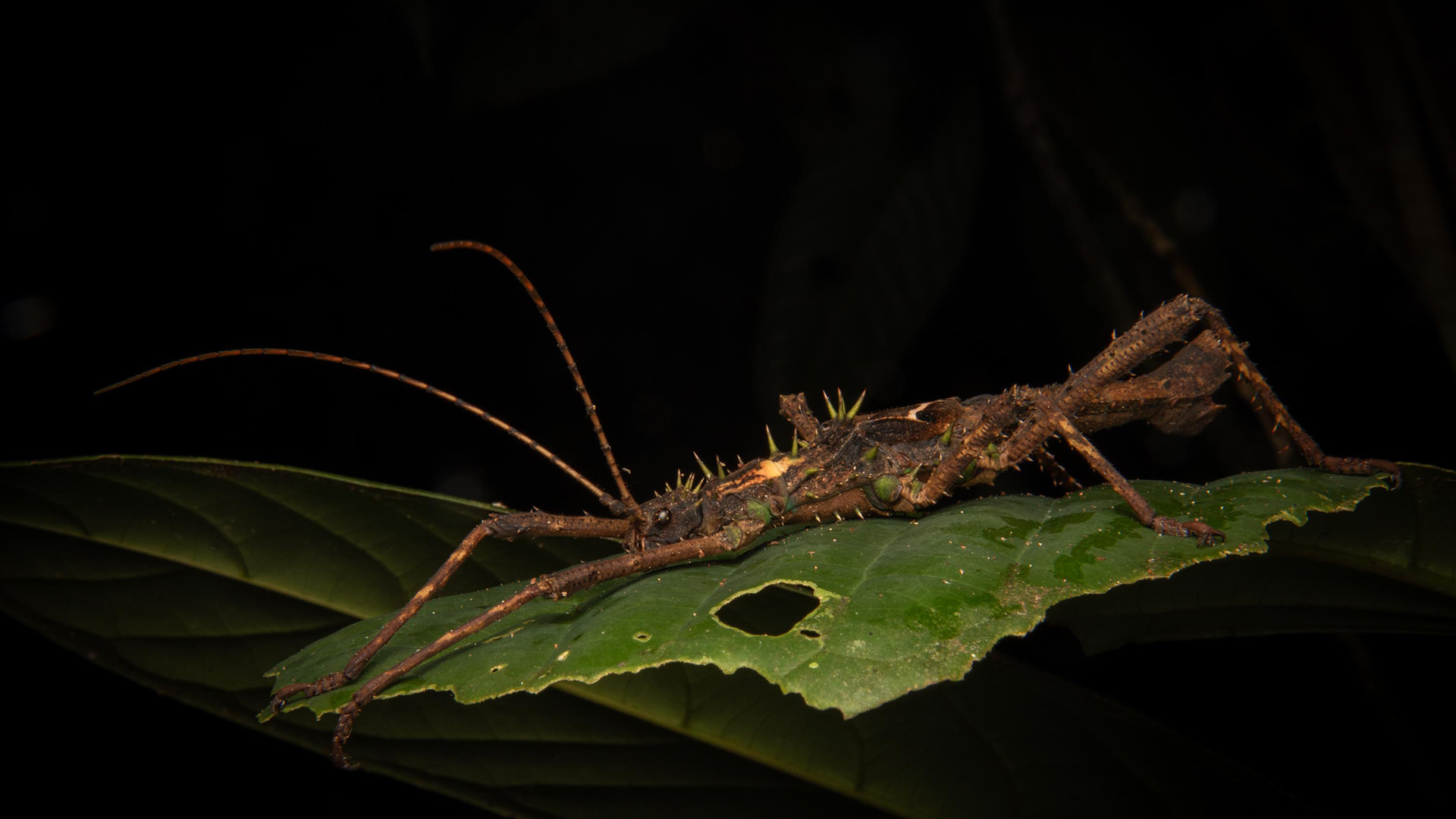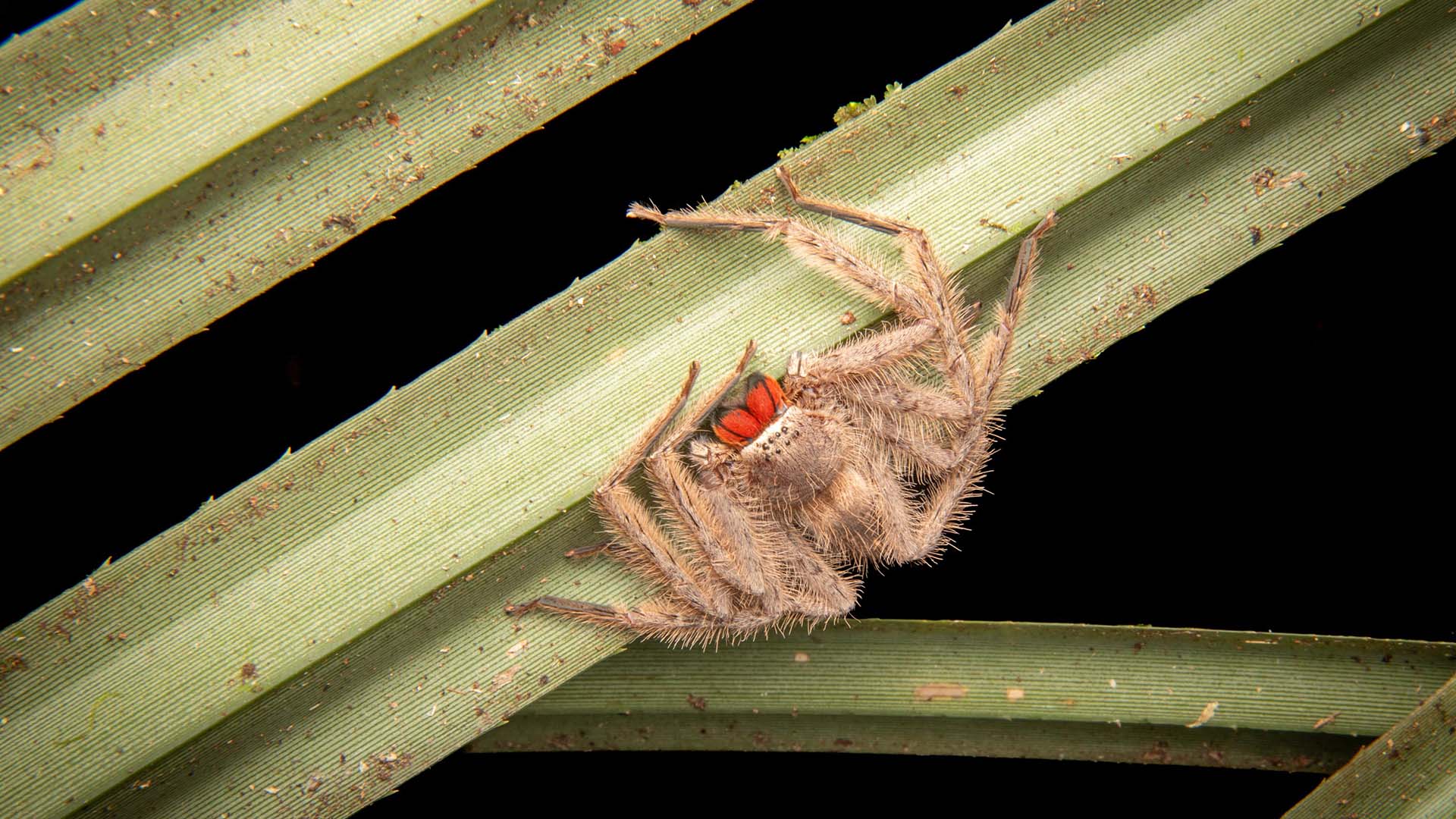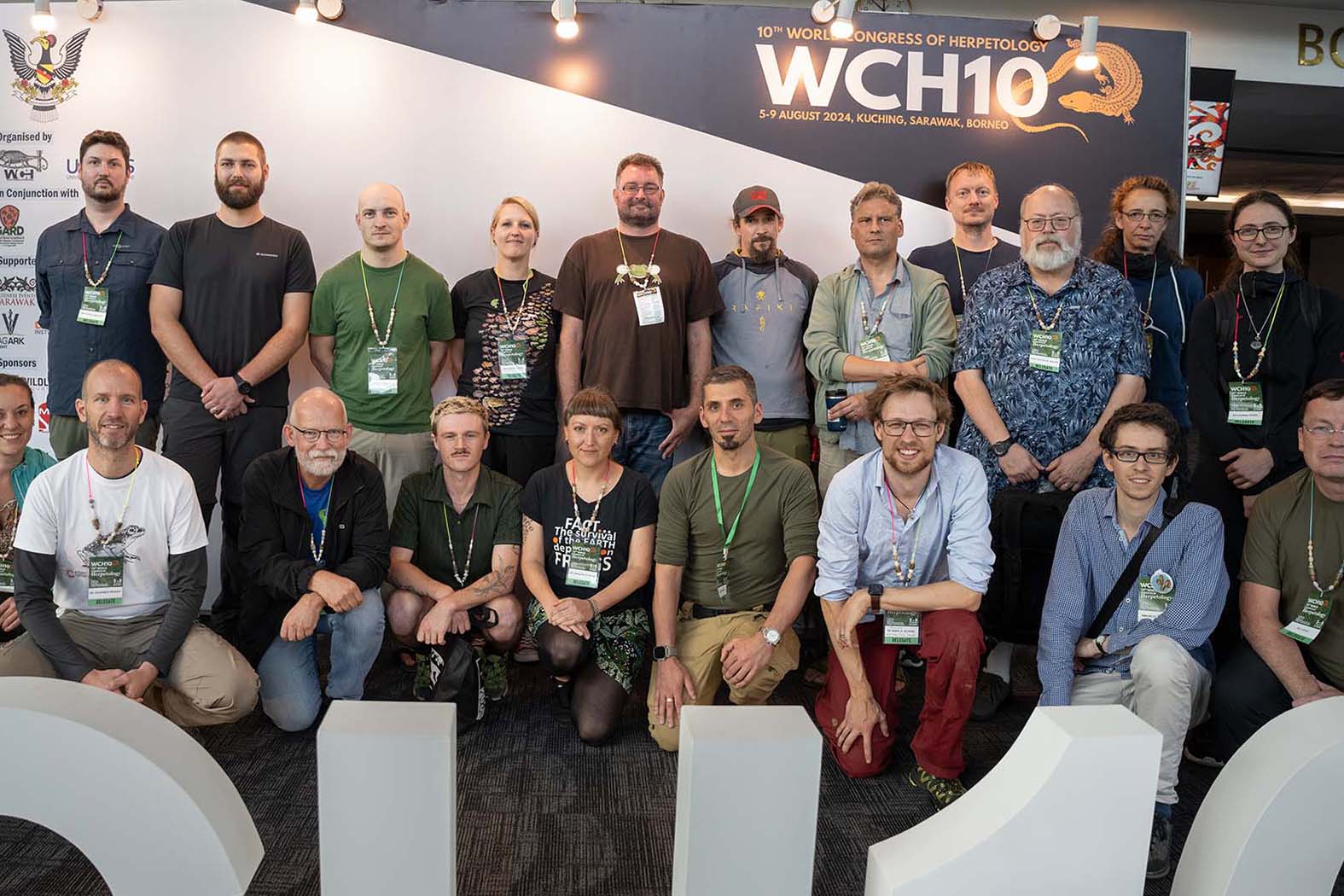
10th World Congress of Amphibian Researchers
Every four years, amphibian and reptile researchers from all over the world meet to present their latest findings to each other, strengthen old friendships, make new ones, explore opportunities for collaboration and gather ideas for their own work. In short: to network. The congress takes place alternately in different regions. From 5 to 9 August 2024, the congress took place in Kuching in the state of Sarawak, Malaysia, in the west of Borneo. Professor Indraneil Das from the University of Malaysia Sarawak was the organiser.
A big and great event!
This tenth event was also the largest World Herpetological Congress of all time. More than 1400 people from around 70 countries came together at the Borneo Convention Centre. Germany was also well represented: In addition to our curator for research and zoology Johannes Penner, the international working group led by Mark-Oliver Rödel, curator at the Museum für Naturkunde in Berlin, 1st chairman of Frogs Friends and member of the Supervisory Board of Citizen Conservation, was also present. Our CC project was also prominently represented in other ways, for example by advisory board member Matt Goetz from the Durrell Wildlife Conservation Trust, CC holder Ole Dost and co-operation partner Doris Preininger from Schönbrunn Zoo.
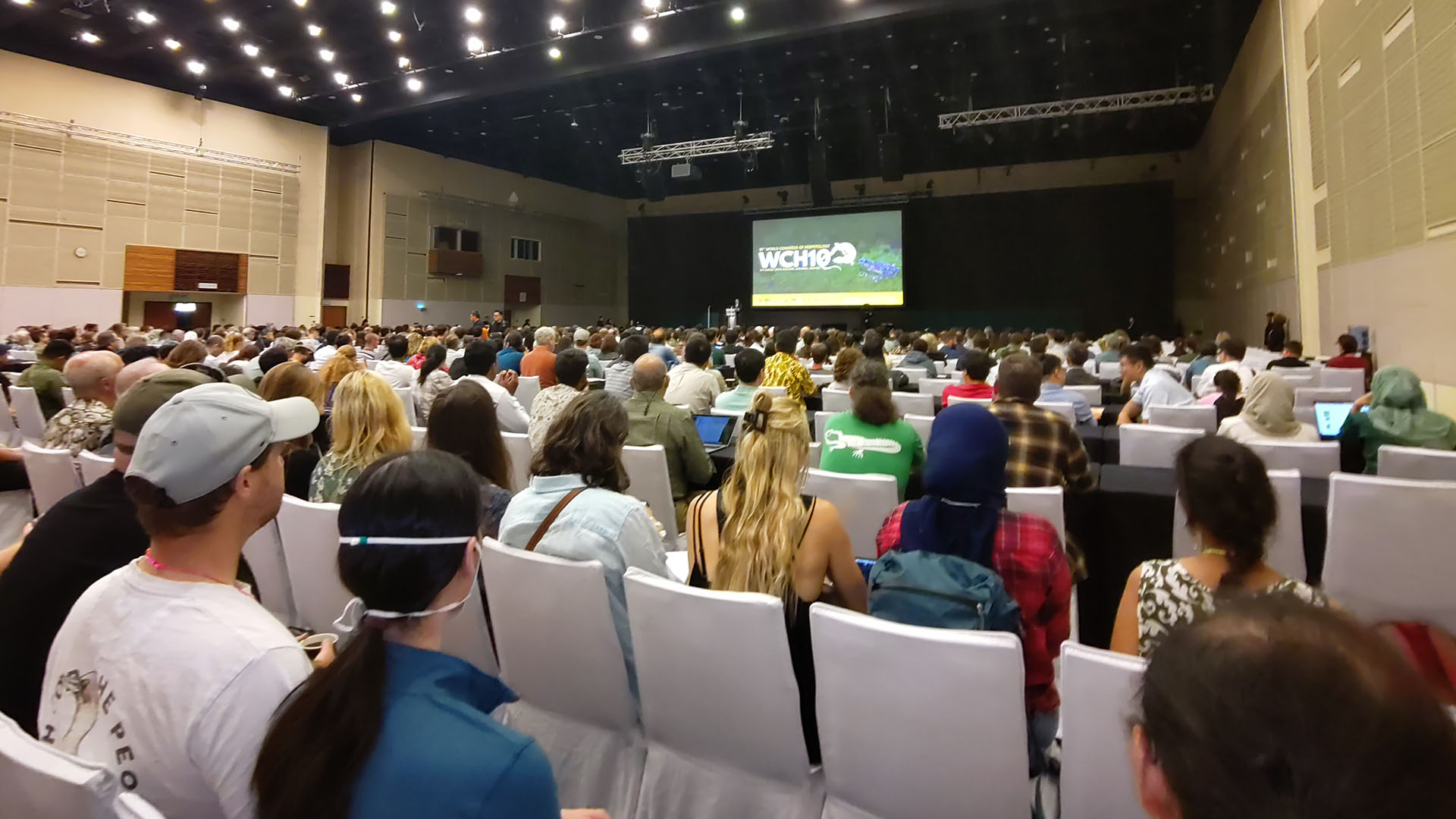
Opening of the congress with the Prime Minister of the state of Sarawak @ Johannes Penner
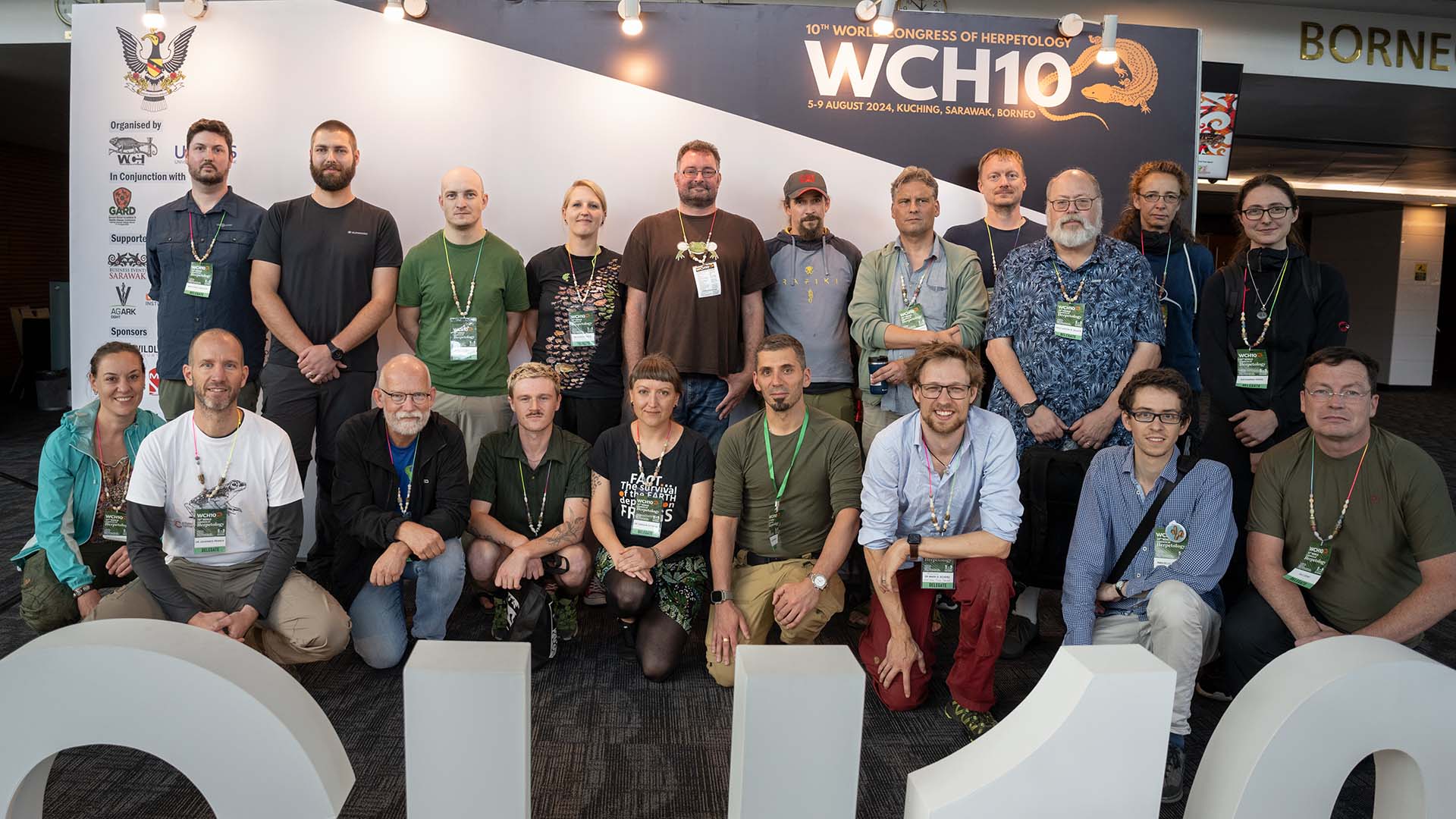
Group photo of some of the DGHT members who took part in the congress @ Ole Dost
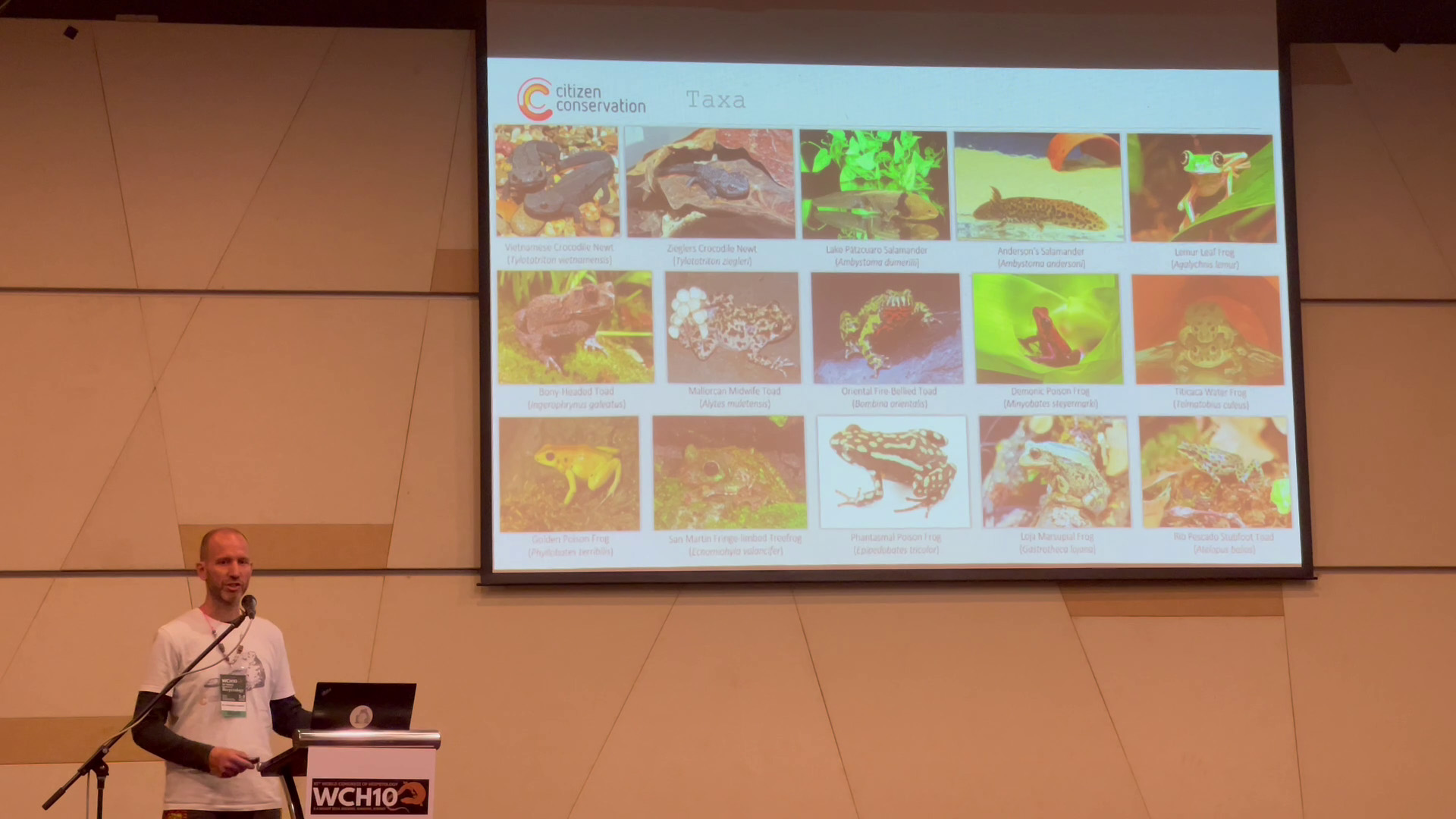
Johannes Penner introduces Citizen Conservation and our species @ Kaiqi Wu

At the same time as the congress, a big ‘Food Festival’ took place in Kuching. There you could make many very tasty culinary discoveries. @ Johannes Penner
Stamina is required for the congress
There were plenty of presentations over five days, in up to 14 sessions simultaneously and for at least 8 hours a day … On the other hand, the variety of contributions was incredible. Johannes Penner had the pleasure of giving two presentations on our efforts to protect the Nimba Toad and the Fire Salamander. As Björn Encke was unfortunately unable to be there in person, he also took over his presentations and introduced CC and the recently opened Amphibium at Hanover Adventure Zoo.
Croaking is not only done in the congress hall
Borneo is located in one of the most biodiverse regions with the oldest lowland rainforests in the world. More than 200 species of frogs and six species of caecilians are currently known from there. There are even more than 300 species of reptiles. It was no surprise that numerous participants went in search of exciting photo opportunities in the parks in Kuching, the surrounding agricultural area, the nearby national parks and in more distant areas.
In 2028, the herpetological community will return to Europe for the first time since 1997, to Gijón in Spain – certainly with the active participation of Frogs Friends and Citizen Conservation.
